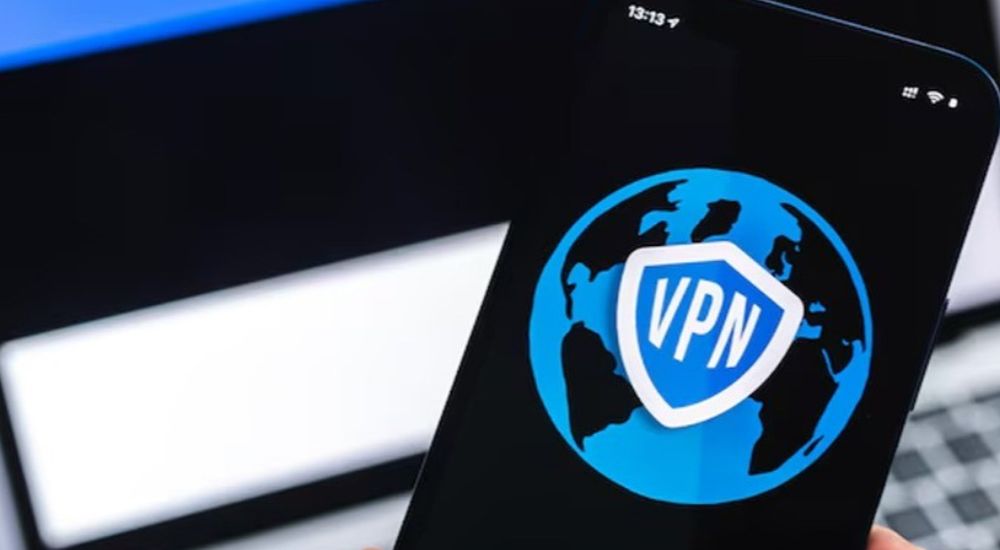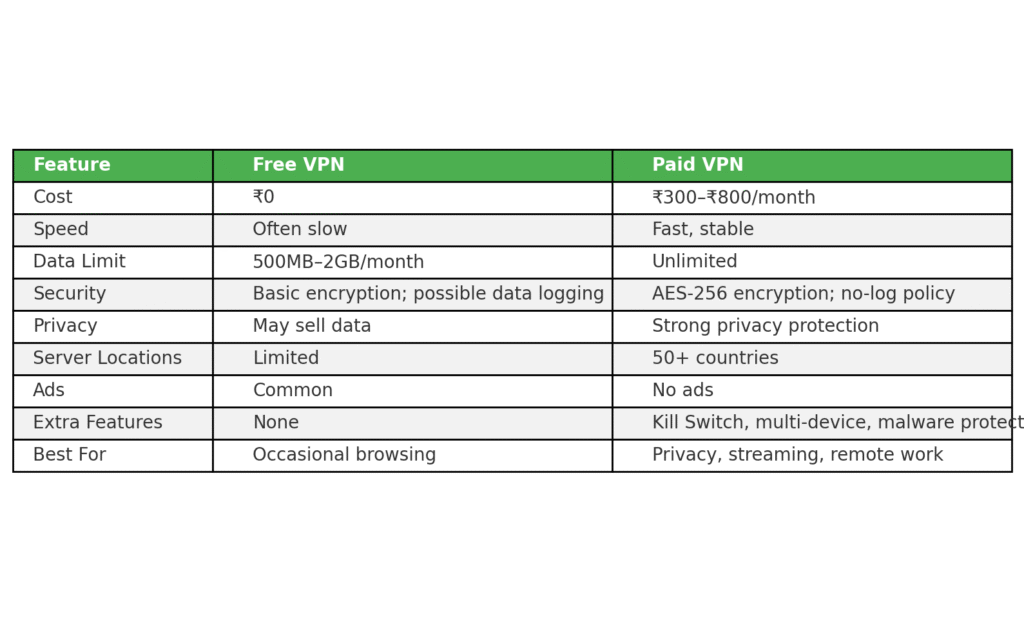VPN Demystified: How It Helps the General Public Stay Safe, Free, and Connected

In today’s hyper-connected world, the digital space is both a gateway and a minefield. While the internet empowers us with information, communication, and convenience, it also exposes us to privacy breaches, data theft, surveillance, and content restrictions. This is where VPNs (Virtual Private Networks) step in — not just as a tech-savvy tool for professionals, but as a daily-use safety shield for the general public.
Let’s explore how VPNs can positively impact everyday users and why more people should consider using one.
What Is a VPN?
A Virtual Private Network (VPN) is a service that creates a secure, encrypted connection between your device and the internet. It reroutes your internet traffic through a remote server, effectively masking your IP address, location, and online activity from prying eyes — including your internet service provider (ISP), hackers, government surveillance systems, or even websites tracking your data.
Key Benefits of VPNs for the General Public
1. Enhanced Privacy and Anonymity
In a world where our every click, search, and scroll is tracked, a VPN gives you a layer of digital invisibility.
- Prevents websites and advertisers from profiling your habits and targeting you with invasive ads.
- Shields you from ISP tracking — your internet provider won’t be able to see or sell your browsing data.
- Essential for journalists, activists, or citizens in high-surveillance regions.
Did You Know? In 2022, over 70% of internet users globally expressed concern over their privacy online. VPN use is a growing solution to this concern.
2. Protects Public Wi-Fi Users
Whether you’re at an airport, café, or mall — public Wi-Fi is notoriously unsafe.
- Hackers can easily intercept your data (emails, passwords, banking info).
- A VPN encrypts your connection, making it virtually impossible for others to snoop.
Example: Using VPN while accessing your mobile banking app over café Wi-Fi can prevent man-in-the-middle attacks.
3. Bypasses Geo-Restrictions and Censorship
Many streaming services, websites, and content are region-locked.
- A VPN lets you switch your virtual location, unlocking global content from platforms like Netflix, BBC iPlayer, or Spotify.
- Crucial for users in countries with internet censorship, allowing access to news, education, and communication platforms.
Frequent traveller? VPN helps you keep access to your country’s services (like banking, OTT platforms) even when abroad.
4. Safe Online Shopping and Better Deals
Did you know prices for flights, hotels, and even e-commerce products vary based on your location?
- VPN helps mask your real location, allowing you to explore price differences and regional discounts.
- Protects your payment information from being intercepted during transactions.
Example: Some users save 10–30% on bookings just by changing their VPN location.
5. Access to a Safer Internet for Kids
Parental controls alone aren’t enough. VPNs can:
- Block malicious websites and inappropriate content.
- Protect children from cyberstalkers and trackers.
- Work as an additional safety layer alongside existing security tools.
Is Using a VPN Legal
In most countries — yes, VPNs are legal. They are privacy tools, not inherently illegal. However, using a VPN to engage in illegal activities (like hacking or piracy) remains punishable. Some countries (e.g., China, Iran, UAE) regulate or restrict VPN use, so users must check local laws.
How to Choose the Right VPN
With hundreds of VPNs available, choose wisely. Look for:
- No-logs policy (they don’t store your data)
- Strong encryption protocols (like AES-256)
- High-speed servers in multiple countries
- Device compatibility (phones, laptops, routers)
- Customer support and positive reviews
Trusted VPNs: NordVPN, ExpressVPN, ProtonVPN, Surfshark
Real-World Scenarios Where VPNs Help
| Scenario | How VPN Helps |
|---|---|
| Traveling Abroad | Access home country OTT, banking, apps |
| Work from Home | Secure company data from remote locations |
| Online Learning | Access blocked academic resources |
| Social Media Censorship | Use apps like WhatsApp, Instagram in restricted regions |
| Gaming | Reduce lag, access early releases in other regions |
Supported Platforms and How to Use a VPN
The good news is that VPNs are supported across almost all major operating systems and devices, making it easy for anyone to get started. Whether you’re using Android or iOS on your smartphone, Windows 10/11, macOS, Linux, or even smart TVs and routers, most reputable VPN providers offer dedicated apps or setup guides for seamless integration. To use a VPN, simply download the VPN app from your device’s app store or the official website, install it, log in, and select a server location of your choice. With just a tap or click, your connection is encrypted and your location is masked — no technical expertise needed. Many VPNs also offer browser extensions for Chrome, Firefox, and Edge, enabling quick protection for your web activities.
VPNs can be both free and paid, but the difference between them is significant in terms of security, speed, and reliability.
1. Free VPNs
- Cost: No direct cost to the user.
- Pros: Good for occasional or light use; helps access blocked websites.
- Cons:
- Data limits (e.g., 500MB–2GB per month)
- Slower speeds due to crowded servers
- May show ads
- Some free VPNs log and sell user data (privacy risk)
- Limited server locations
2. Paid VPNs
- Cost: Usually ₹300–₹800 per month (if billed annually, it’s cheaper).
- Pros:
- High-speed, stable connections
- Strong encryption and no-log policy
- Unlimited data usage
- Wide server choices (many countries)
- Extra features like Kill Switch, Multi-device support, and Malware protection
- Cons: Subscription cost
Important: For critical privacy, online banking, or professional work, paid VPNs are far more secure. Free VPNs are fine for casual browsing, but they may compromise privacy.

VPNs Are for Everyone
Gone are the days when VPNs were only for coders or hackers. Today, they are a digital necessity — like a seatbelt for the internet. Whether you’re browsing, shopping, streaming, or just reading news, a VPN puts you back in control of your data, identity, and freedom.
In a world where privacy is becoming a luxury, VPNs help make it a right again.
References :
1. NordVPN survey reveals: Users still trust free VPNs
2. The Best VPN Services for 2025




